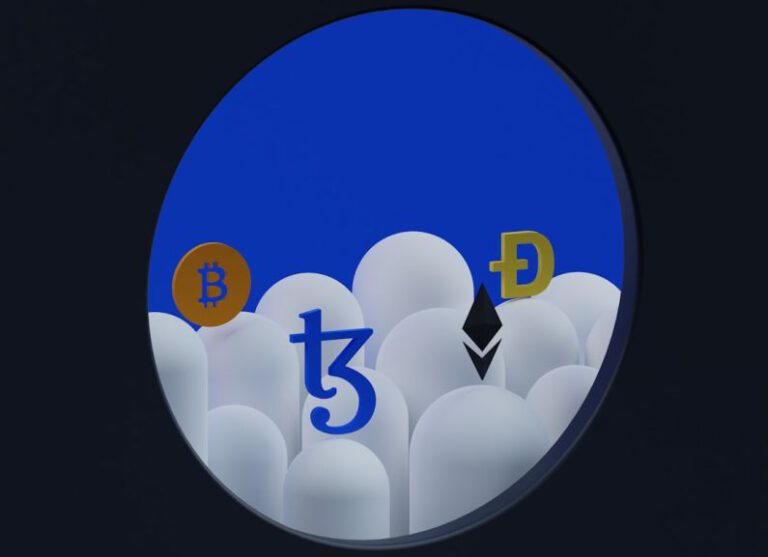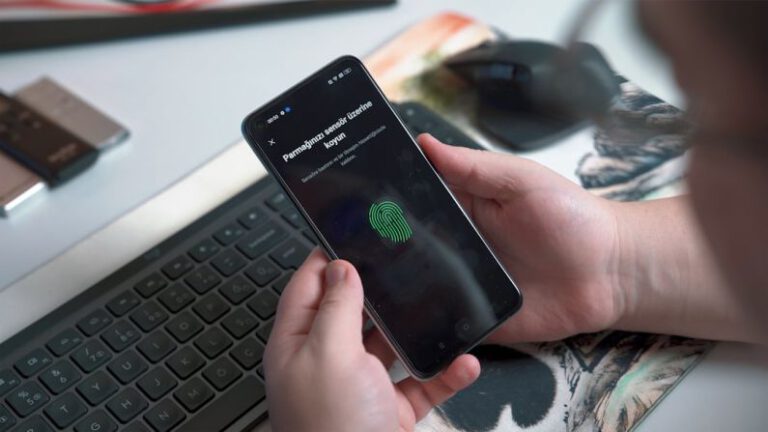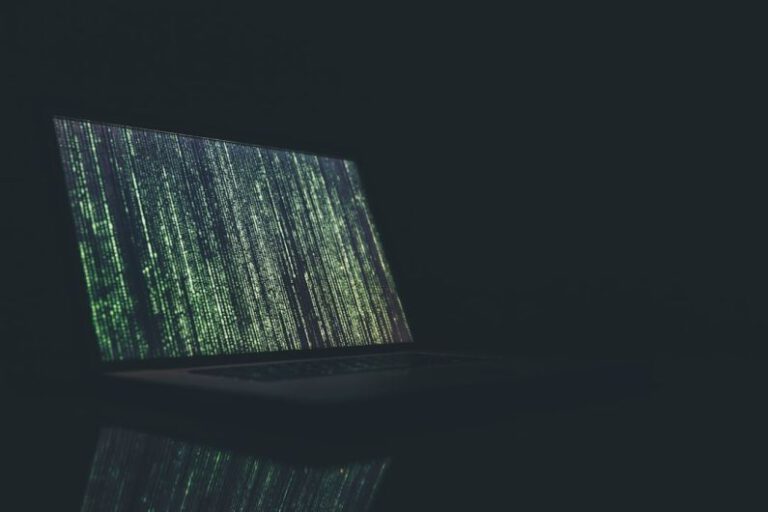Cybersecurity in the Age of Quantum Computing: New Challenges
As technology continues to advance at an unprecedented rate, the rise of quantum computing presents both exciting opportunities and daunting challenges for the field of cybersecurity. With the potential to revolutionize the way we process information, quantum computers have the power to break current encryption methods that protect our sensitive data. As we navigate through this new era of computing, it is crucial to understand the implications of quantum technology on cybersecurity and the measures that must be taken to ensure data security in the age of quantum computing.
**The Threat to Encryption**
One of the primary concerns surrounding quantum computing is its ability to break the encryption algorithms that safeguard our data. Traditional encryption methods, such as RSA and ECC, rely on the hardness of certain mathematical problems to secure information. However, quantum computers have the capability to solve these problems exponentially faster than classical computers, rendering current encryption protocols obsolete. This poses a significant threat to the confidentiality and integrity of sensitive data, including financial transactions, personal information, and government communications.
**Post-Quantum Cryptography**
In response to the threat posed by quantum computing, researchers have been developing post-quantum cryptographic algorithms that can withstand attacks from quantum computers. These new encryption schemes are designed to be secure against quantum adversaries, ensuring that data remains protected in the face of evolving technology. While post-quantum cryptography offers a promising solution to the encryption challenges posed by quantum computing, widespread adoption of these algorithms will require significant coordination and investment from organizations across various sectors.
**Securing the Internet of Things**
The proliferation of connected devices in the Internet of Things (IoT) presents a unique set of cybersecurity challenges in the age of quantum computing. As more devices become interconnected, the potential attack surface for cyber threats expands, making it essential to implement robust security measures to protect IoT ecosystems. Quantum-safe encryption protocols must be integrated into IoT devices to prevent malicious actors from exploiting vulnerabilities and compromising sensitive data transmitted between connected devices.
**Quantum Key Distribution**
One of the innovative solutions that quantum computing offers to enhance cybersecurity is quantum key distribution (QKD). QKD leverages the principles of quantum mechanics to generate and distribute cryptographic keys securely between communicating parties. By utilizing quantum properties such as superposition and entanglement, QKD provides a theoretically unbreakable method for key exchange, offering a level of security that is unmatched by classical encryption techniques. Integrating QKD into existing communication networks can significantly strengthen data protection and mitigate the risks associated with quantum threats.
**Building Quantum-Resistant Systems**
As quantum computing continues to advance, organizations must proactively prepare for the transition to a quantum-resilient cybersecurity framework. Building quantum-resistant systems involves evaluating existing security protocols, identifying vulnerabilities, and implementing quantum-safe encryption methods to fortify defenses against potential attacks. By investing in research and development efforts to enhance cybersecurity capabilities, businesses and governments can stay ahead of emerging threats and safeguard critical infrastructure in the age of quantum computing.
**Adapting to the Quantum Era**
In conclusion, the advent of quantum computing presents new challenges for cybersecurity that require a proactive and multidisciplinary approach to address. From securing encryption protocols to implementing quantum-resistant systems, organizations must adapt to the changing landscape of technology to protect sensitive data and ensure the integrity of digital communication. By embracing innovation and collaboration in the realm of cybersecurity, we can navigate the complexities of the quantum era with resilience and confidence.






